Divisions
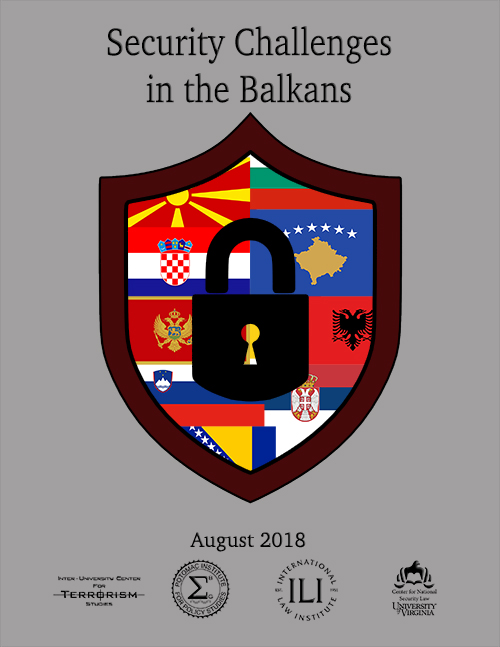 An enduring fixture of international affairs is the fact that, throughout the history of the world, nothing is static . Empires, countries, communities, and nearly entire civilizations have risen and declined while others became engaged in an endless struggle for power within and among social and political identifiable structures .
An enduring fixture of international affairs is the fact that, throughout the history of the world, nothing is static . Empires, countries, communities, and nearly entire civilizations have risen and declined while others became engaged in an endless struggle for power within and among social and political identifiable structures .
It is not surprising, then, that two historical lessons spring to mind when considering these socio- political fluctuations . The first recalls the old Chinese proverb which reads, “One who studies the past, knows the future” and the second observation, attributed to Hegel, asserts that “We learn from history that we do not learn from history .”
Indeed, these truisms have echoed continuously throughout the ages of different cultures and peoples located in every geopolitical region . The experience of the Balkans from antiquity to mo- dernity demonstrates both evolutionary and revolutionary developments of triumph and calamity with broader significant strategic implications .
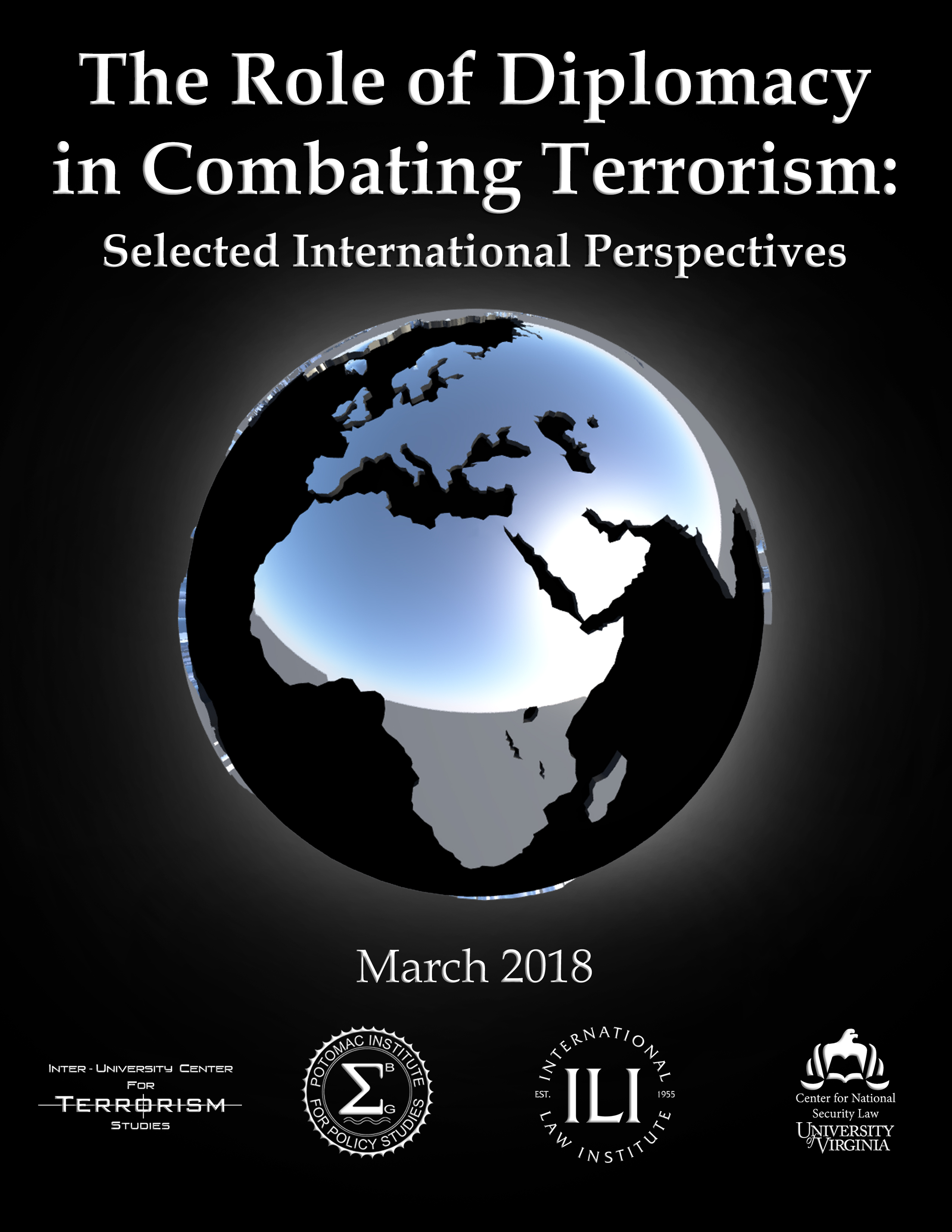 From the dawn of history “diplomacy” has been utilized as a permanent mode of statecraft in the struggle for power within and among nations during peace and war.The purpose of this March 2018 report on “The Role of Diplomacy in Combating Terrorism: Selected International Perspectives” is to highlight insights from foreign diplomats on threats and challenges to officials and their missions, analysis of statecraft, and “best practices” responses to radicalization and violence.
From the dawn of history “diplomacy” has been utilized as a permanent mode of statecraft in the struggle for power within and among nations during peace and war.The purpose of this March 2018 report on “The Role of Diplomacy in Combating Terrorism: Selected International Perspectives” is to highlight insights from foreign diplomats on threats and challenges to officials and their missions, analysis of statecraft, and “best practices” responses to radicalization and violence.
Download the report here
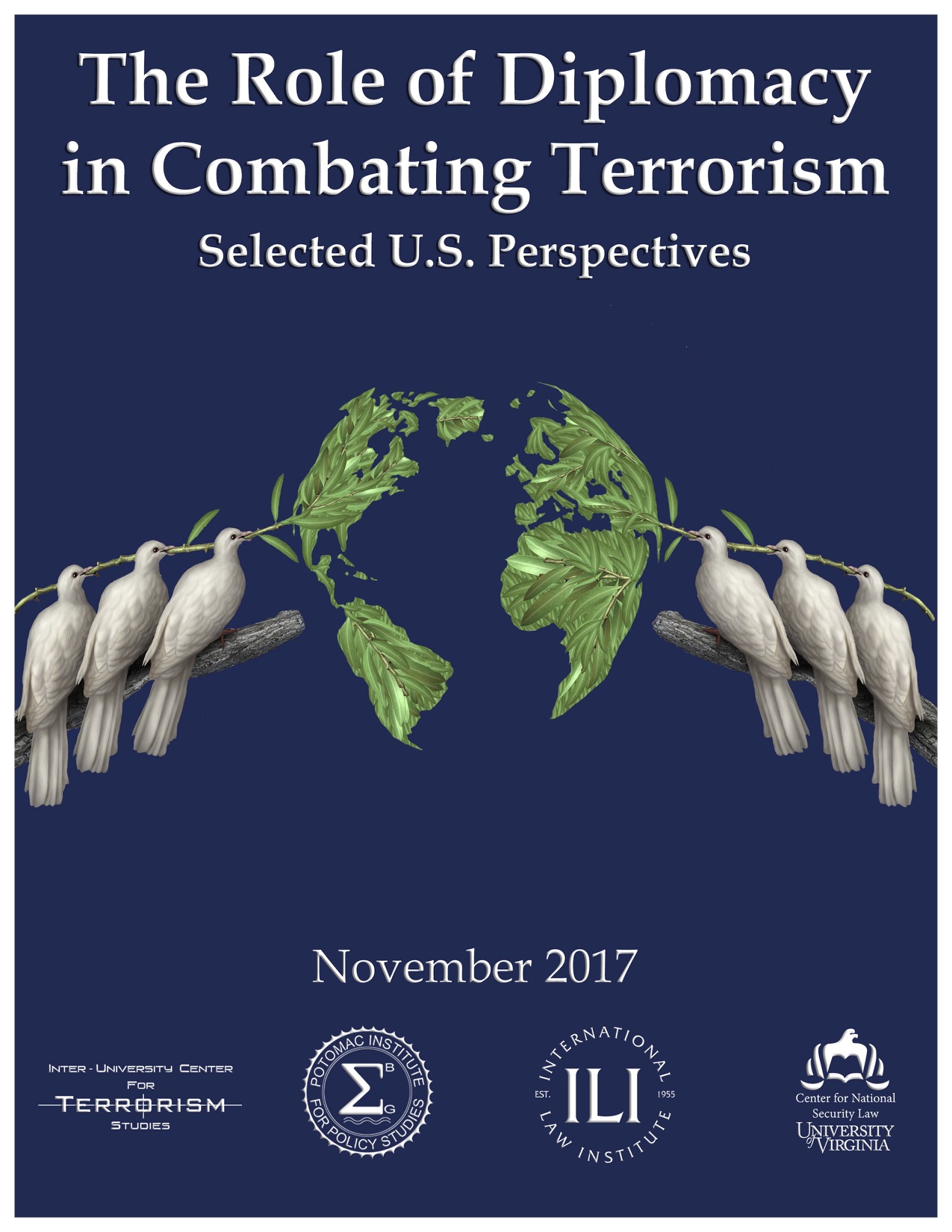 In view of the multiple security challenges to international peace and order posed by the intensification of terrorist attacks for over the past half-century, governmental, intergovernmental, and nongovernmental bodies have developed tactical and strategic responses on national, regional, and global levels. The role of diplomacy is, indeed, a critical element in the evolving process. The purpose of this report on “The Role of Diplomacy in Combating Terrorism: Selected U.S. Perspectives” to focus specifically on the role of diplomacy in combating terrorism relevant to experiences of the United States and their implications internationally. The key question is whether the U.S. and the international community is capable of crafting adequate responses to terrorism, diffusing expanding conflicts regionally and inter-regionally, engaging in constructive peace processes, and striking a delicate balance between security measures and democratic value systems.
In view of the multiple security challenges to international peace and order posed by the intensification of terrorist attacks for over the past half-century, governmental, intergovernmental, and nongovernmental bodies have developed tactical and strategic responses on national, regional, and global levels. The role of diplomacy is, indeed, a critical element in the evolving process. The purpose of this report on “The Role of Diplomacy in Combating Terrorism: Selected U.S. Perspectives” to focus specifically on the role of diplomacy in combating terrorism relevant to experiences of the United States and their implications internationally. The key question is whether the U.S. and the international community is capable of crafting adequate responses to terrorism, diffusing expanding conflicts regionally and inter-regionally, engaging in constructive peace processes, and striking a delicate balance between security measures and democratic value systems.
Download the report here.
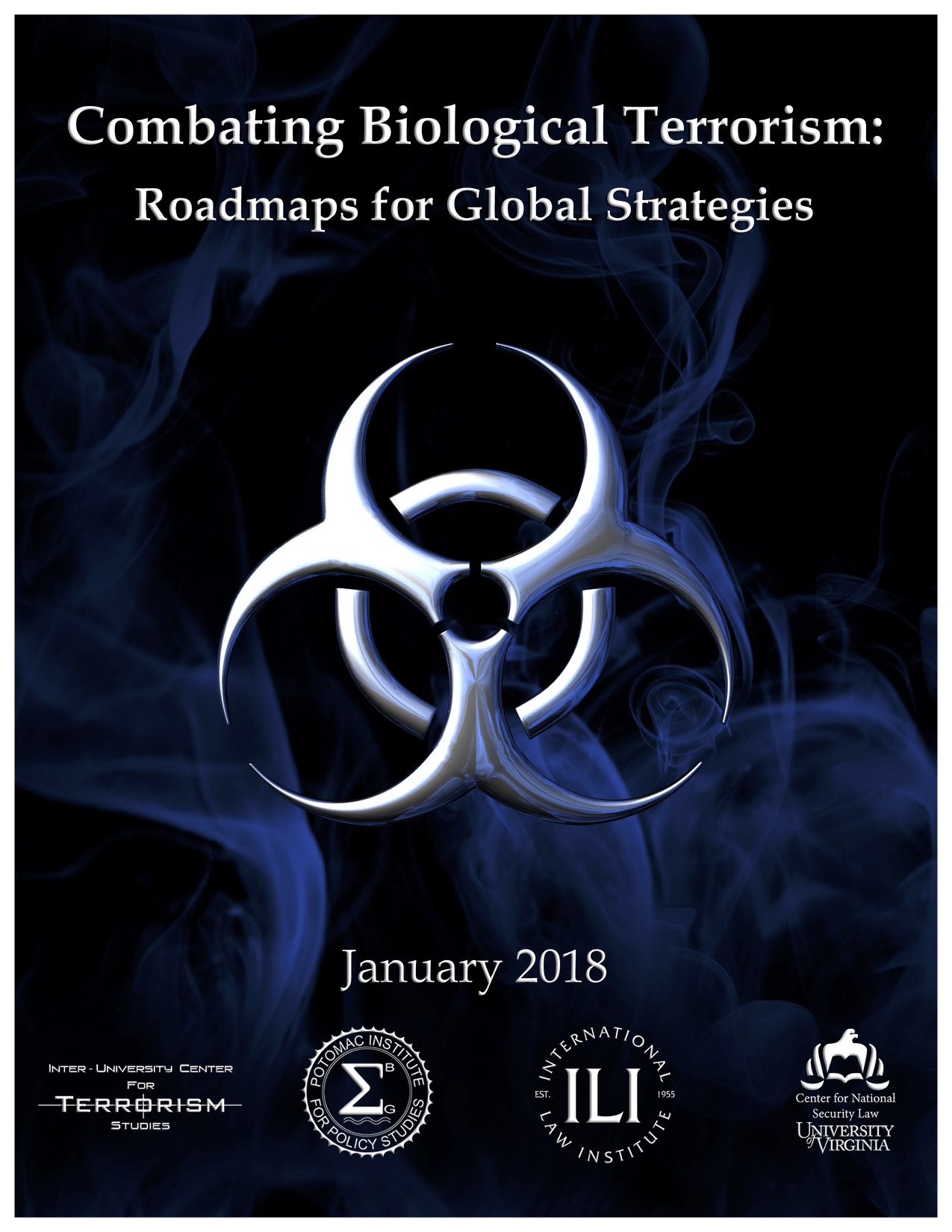 Recent epidemics, such as Ebola and Zika, and the potential dangers of biological terrorism from both state and non-state actors highlight the urgent need to address these challenges through international partnerships and comprehensive biosecurity strategies to reduce the gravest health risks at home and abroad.
Recent epidemics, such as Ebola and Zika, and the potential dangers of biological terrorism from both state and non-state actors highlight the urgent need to address these challenges through international partnerships and comprehensive biosecurity strategies to reduce the gravest health risks at home and abroad.
This January 2018 report on “Combating Biological Terrorism: Roadmaps for Global Strategies” follows several earlier related publications, such as “Biological Terrorism: Past Lessons and Future Outlook” (June 2017) and “Preventing WMD Terrorism: Ten Perspectives” (August 2017).
Download the report here.
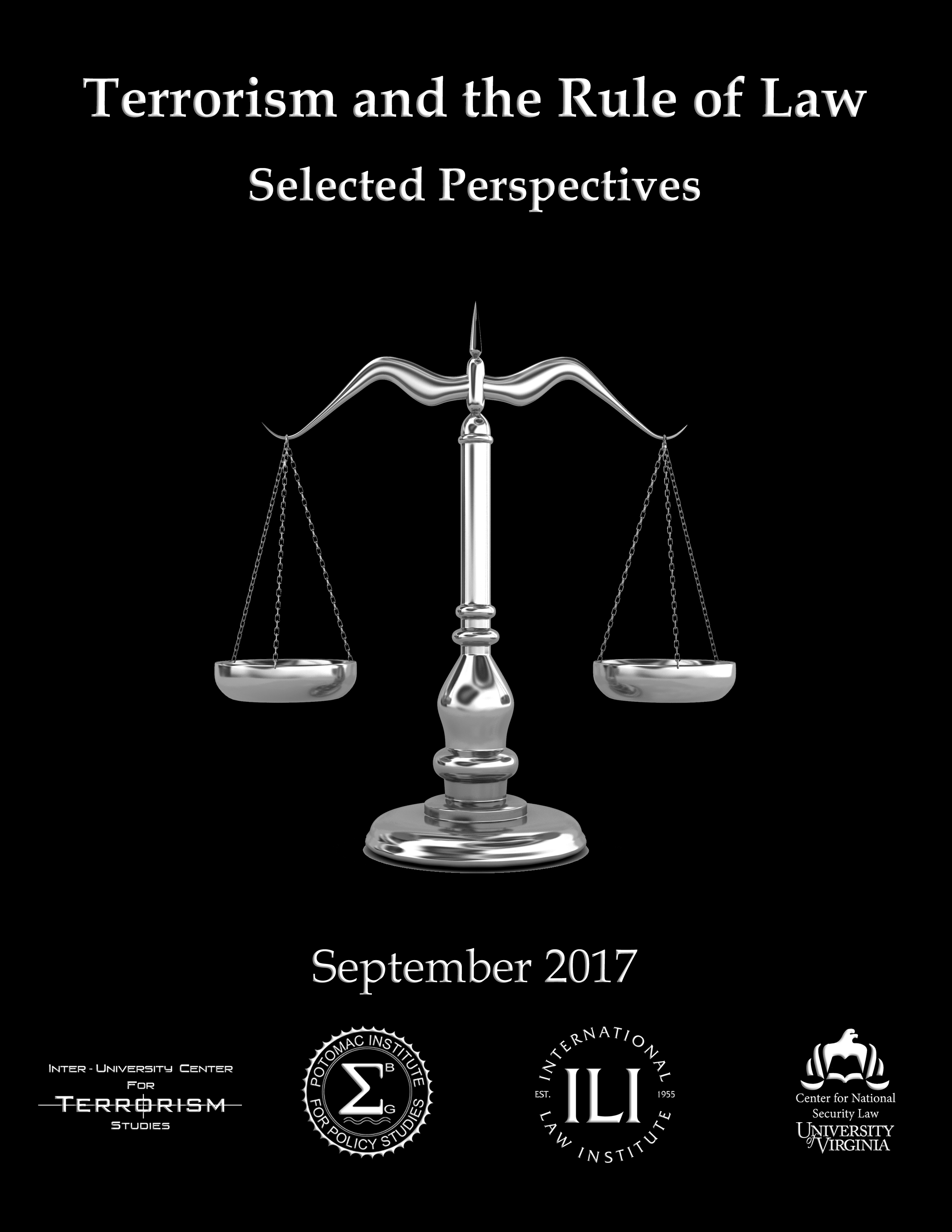 Ensuring the safety and interests of citizens at home and abroad continues to be every government’s paramount responsibility. The purpose of this report is to focus on the interface between terrorism and the rule of law. The key question is whether nations can strike a balance between security concerns and protecting civil liberties and constitutional order.
Ensuring the safety and interests of citizens at home and abroad continues to be every government’s paramount responsibility. The purpose of this report is to focus on the interface between terrorism and the rule of law. The key question is whether nations can strike a balance between security concerns and protecting civil liberties and constitutional order.
“Terrorism and the Rule of Law: Selected Perspectives” features presentations by experts with extensive academic and government experience. Some of the topics covered include the “War on Terror,” the role of intelligence, law enforcement, detention, civil and military trials, punishment of terrorists, hostage-taking, and other relevant issues.
Download the report here.
